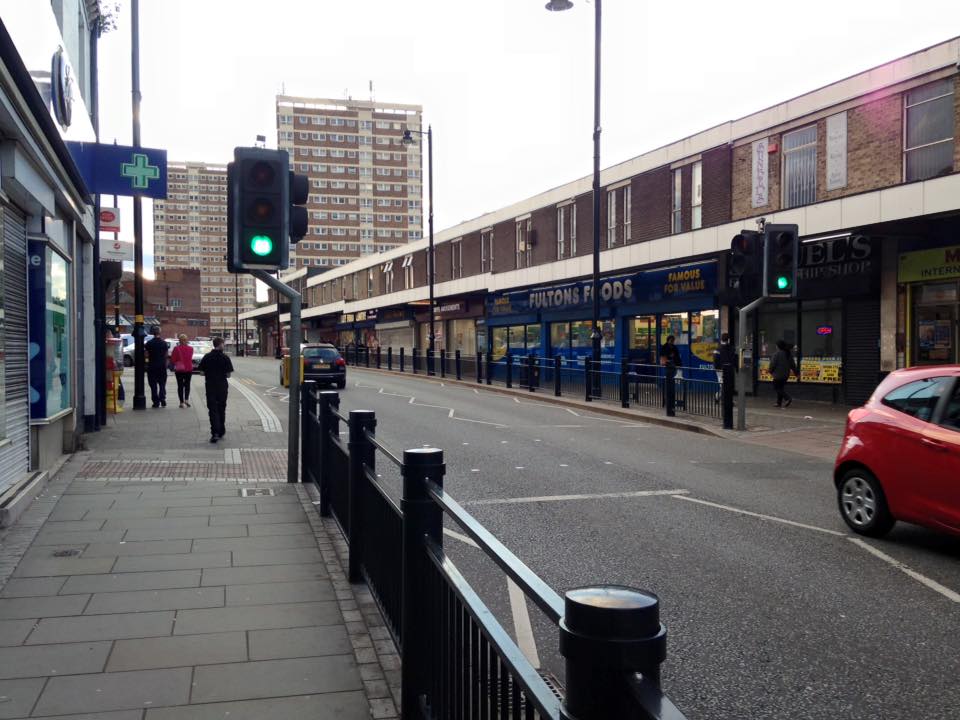Council bosses in Leeds are tightening rules on alcohol licensing for certain areas of the city.
A council committee meeting was told today that areas such as Armley and Harehills were problem areas for alcohol-related crime, and measures should be in place to limit the number of new licensed premises.
But other areas such as Chapel Allerton and Headingley which already have such measures, known as Community Impact Policies, should have them relaxed.
Discussing changes to the authority’s licensing policy, Council officer Susan Holden said:
“Normally when we consider licensing applications, we consider the bricks and mortar and its impact on licensing objectives.
“But when you have a high density of licensed areas, that will have a significant impact on that community.
“For example, Lower Briggate is a high crime area, but you can’t point to a single bar (as being responsible) – it is the sheer number of these places that causes it.
“You have quite a lot of opportunistic crime down there – like pickpockets and drug dealing.”
Cumulative impact policy areas (CIP) are used for areas that already have large numbers of pubs and bars which the council believes are at risk of alcohol-related crime.
In these areas, the council’s licensing authority must assess the community impact of applications for new bars and off-licences. This usually makes it more difficult for applications to be accepted.
Areas with CIPs include Chapel Allerton, Headingley, Woodhouse, the city centre and Horsforth.
A highly-publicised CIP was recently introduced in Armley. The meeting was told that this is to be kept in place due to the continued blight of street-drinking.
Miss Holden added:
“In Armley people were sitting on the street drinking outside the off licence. The crime is quite high. As it is quite new, we would suggest leaving this well alone.”
It was also suggested a new CIP be put in Harehills, as it is thought the area’s high crime rate was linked to drinking.
She added:
“Harehills is a densely populated area – there is a corner shop on the end of every terraced street. The thought of each one of them becoming a licensed premises is really worrying.”
However, the council wants to reduce the size of the CIP in Headingley, as it believes some parts of the area are at greater risk of alcohol-related anti-social behaviour than others.
She added:
“It currently includes the whole of the Otley run – and the Otley run is not as big of a problem as it used to be.”
It was also suggested Chapel Allerton should no longer have a CIP, as the number of bars in the area are not causing significant amount of antisocial behaviour.
“It’s not effective for them,” she added. “We should put something in place that is more effective than the CIP.”
Coun Kim Groves (Lab, Middleton) told the meeting:
“There are logical proposals in there.
“Armley is a really worrying situation but in other areas of the city we have similar problems that aren’t reported as widely as they should be.
“In Holbeck, Middleton and Belle Isle we have had a surge of off licences – you have that continuous drinking in certain parts of the ward throughout the day.”
Coun Al Garthwaite (Lab, Headingley) told the meeting that drinking problems in Headingley were not just from students, adding:
“We do get older men and stag parties and they do cause quite a lot of trouble.”
The policy was accepted by the committee and will now go to public consultation.

